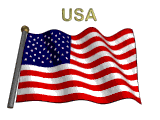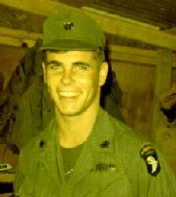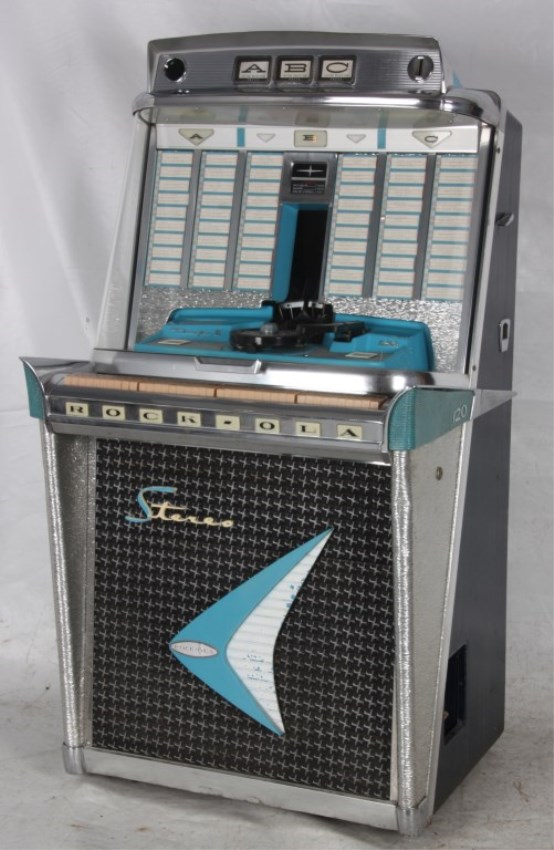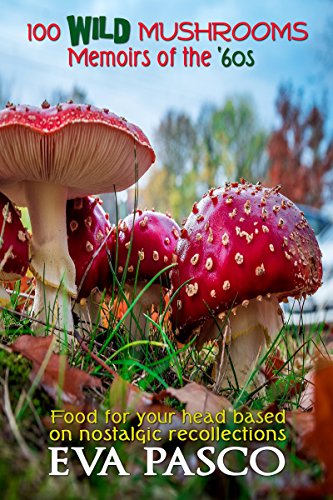
The 60s Official Site
"Where Music is Our Middle Name"
Quick Links
Your Daily Oldies Fix Top Ten Countdown Solid Gold Memories Jukebox Music
Vibration of a Nation Remember When Television of the 50s and 60s 60s Slang
Things You Just Don't Hear Anymore 60s TV Commercials Chickenman Episodes Woodstock This Weeks Number One Hits
The Early Years of Rock and Roll Vietnam War Myths
All the content menu is listed on the left menu border bar
he Monkees
The Monkees, an American situation comedy that aired on NBC from September 1966 to March 1968 follows the adventures of four young men (The Monkees) trying to make a name for themselves as rock 'n roll singers. The show introduced a number of innovative new-wave film techniques to series television and won two Emmy Awards in 1967. The program ended on Labor Day, 1968 at the finish of its second season and has received a long afterlife in Saturday morning repeats (CBS and ABC) and syndication, as well as overseas broadcasts. The series centered on the adventures of The Monkees, a struggling rock band from Los Angeles, California consisting of Micky,(Micky Dolenz) Davy (Davy Jones) Michael( Michael Nesmith, and Peter (Peter Tork). The comic elements of the storyline were provided by the strange encounters that the band would have while searching for their big break. The Monkees debuted September 12, 1966, on the NBC television network. The series was sponsored on alternate weeks by Kellogg's Cereals and Yardley of London. The Monkees was filmed by Screen Gems, and many of the same sets and props from The Three Stooges short films made by the studio were used on The Monkees: A pair of pajamas with a bunny design on the front that had been worn by Curly Howard in shorts such as Cactus Makes Perfect and In the Sweet Pie and Pie were the same ones worn by Peter Tork in various episodes such as "A Coffin Too Frequent" and "Monkee See, Monkee Die". To keep noise on the set down during filming, any of the four Monkees who was not needed in front of the cameras was locked into a converted meat locker. In DVD commentary, Tork noted that this had the added benefit of concealing any marijuana use that might be going on, although he admitted that he was the sole "serious 'head'" of the four of them. (In the 1980s, Tork gave up alcohol and marijuana use and has volunteered time to help people recovering from alcoholism.) In a studio outtake included in the 1990s re-release of Headquarters, Nesmith quips, before launching into "Nine Times Blue": "Only difference between me and Peter is I'm just stone legal." Due to the loosely scripted nature of the series, some episodes would come in too short for air. The producers decided to fill time with various "extras", including the Monkees' original screen tests and candid interviews with the group. Although the early episodes contained it, the show eventually bucked the trend of using a laugh track, which was standard practice at the time. Most of the episodes from Season 2 did not contain canned laughter, which NBC later cited as one of the reasons for cancelling the series. The theme song to The Monkees, released as the single "(Theme From) The Monkees" in 1967, is one of the group's most well known songs. The line "We're the young generation, and we've got somethin' to say." reflected the new youth counterculture and their desire to give their own opinions on world events and choosing how to live their own lives instead of abiding by the traditions and beliefs of their elders The Monkees won two Emmy Awards in 1967: Outstanding Comedy Series and Outstanding Directorial Achievement in Comedy (James Frawley). Frawley was nominated for the same award the following season. Its win for Comedy Series was considered somewhat of an upset, as it bested long-time favorites The Andy Griffith Show, Bewitched, Get Smart, and Hogan's Heroes. |
|




